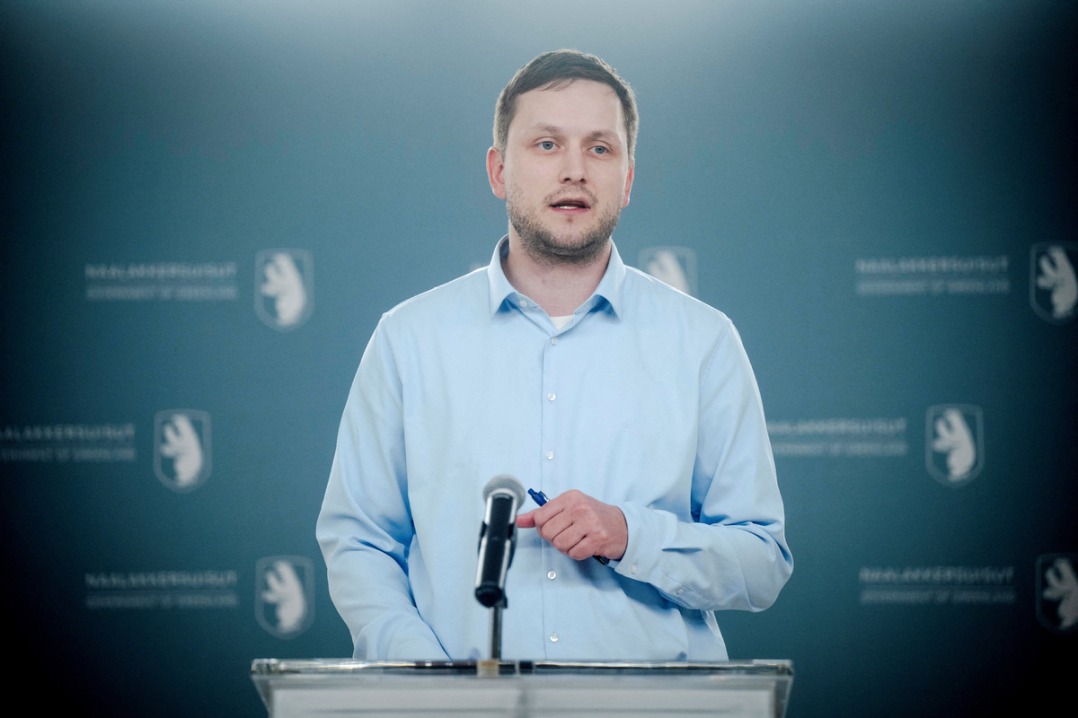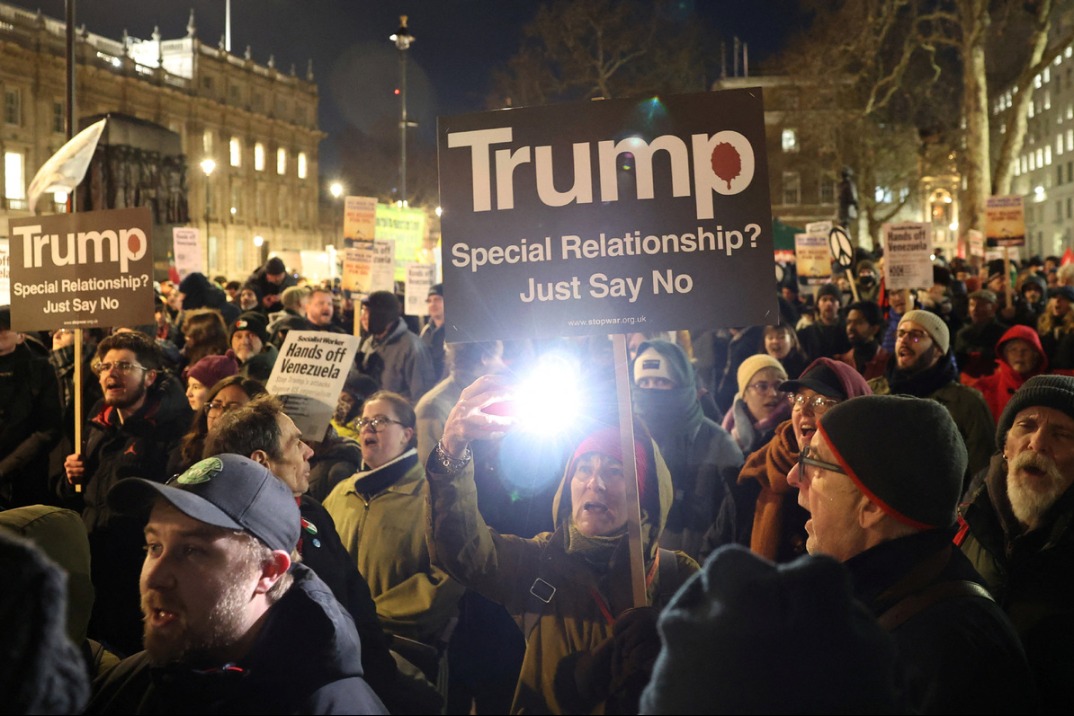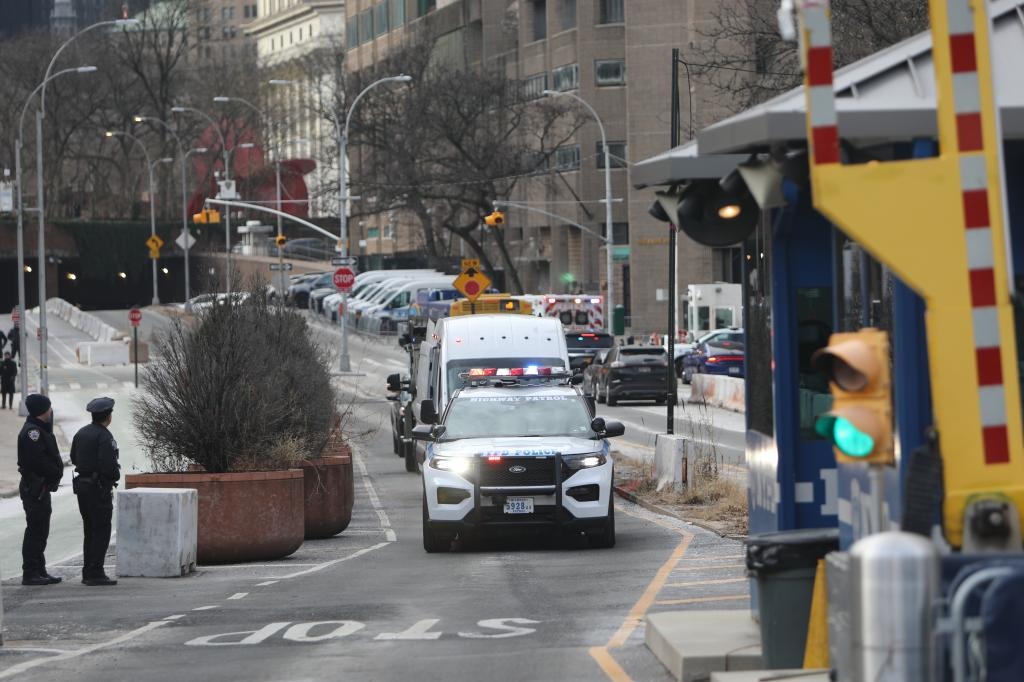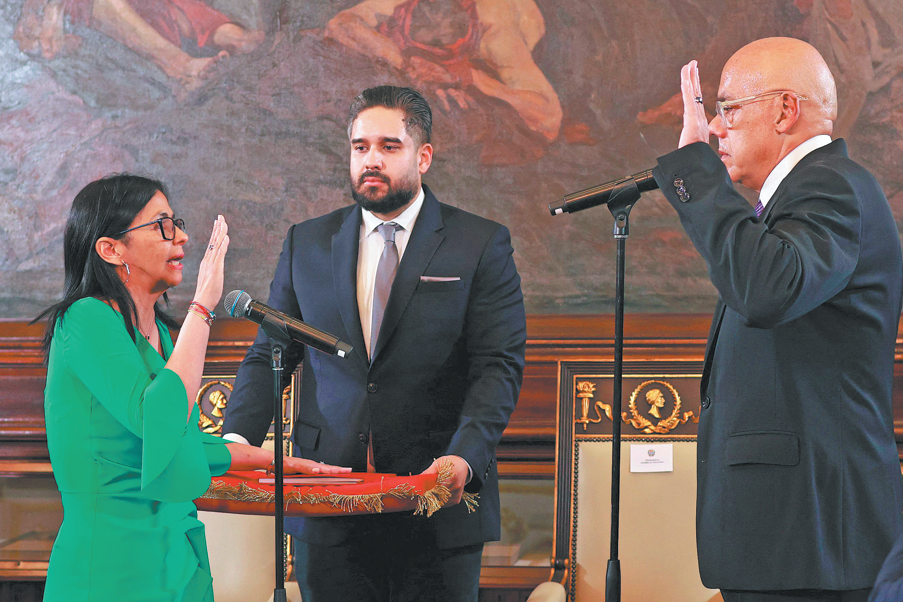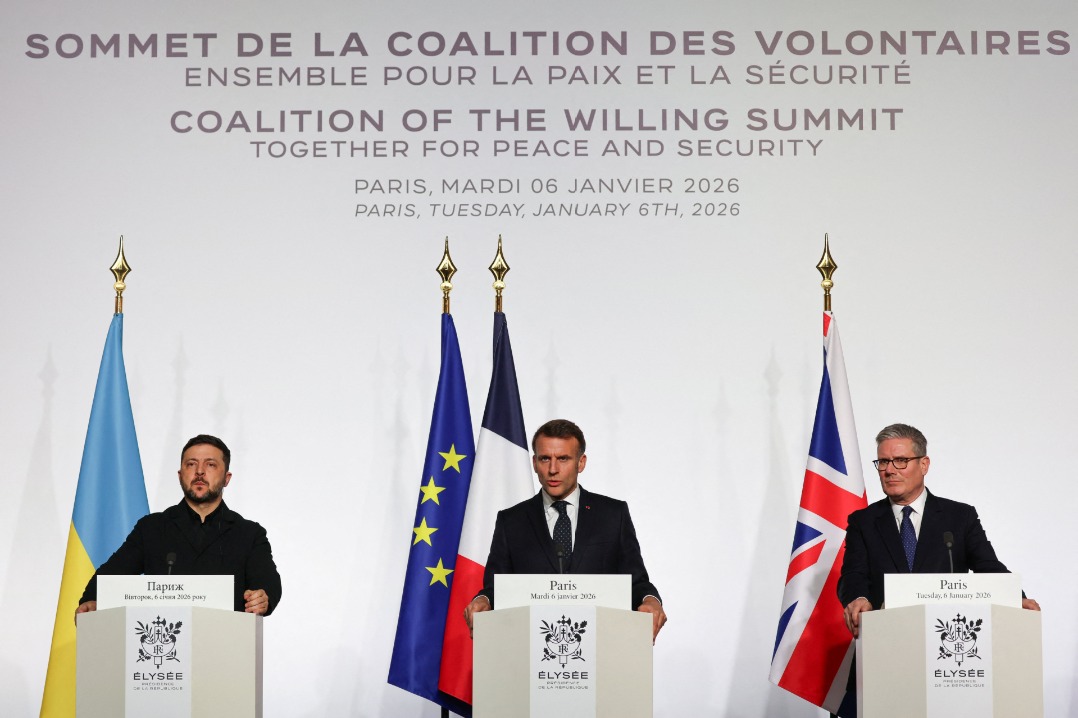Extradition case proceeding

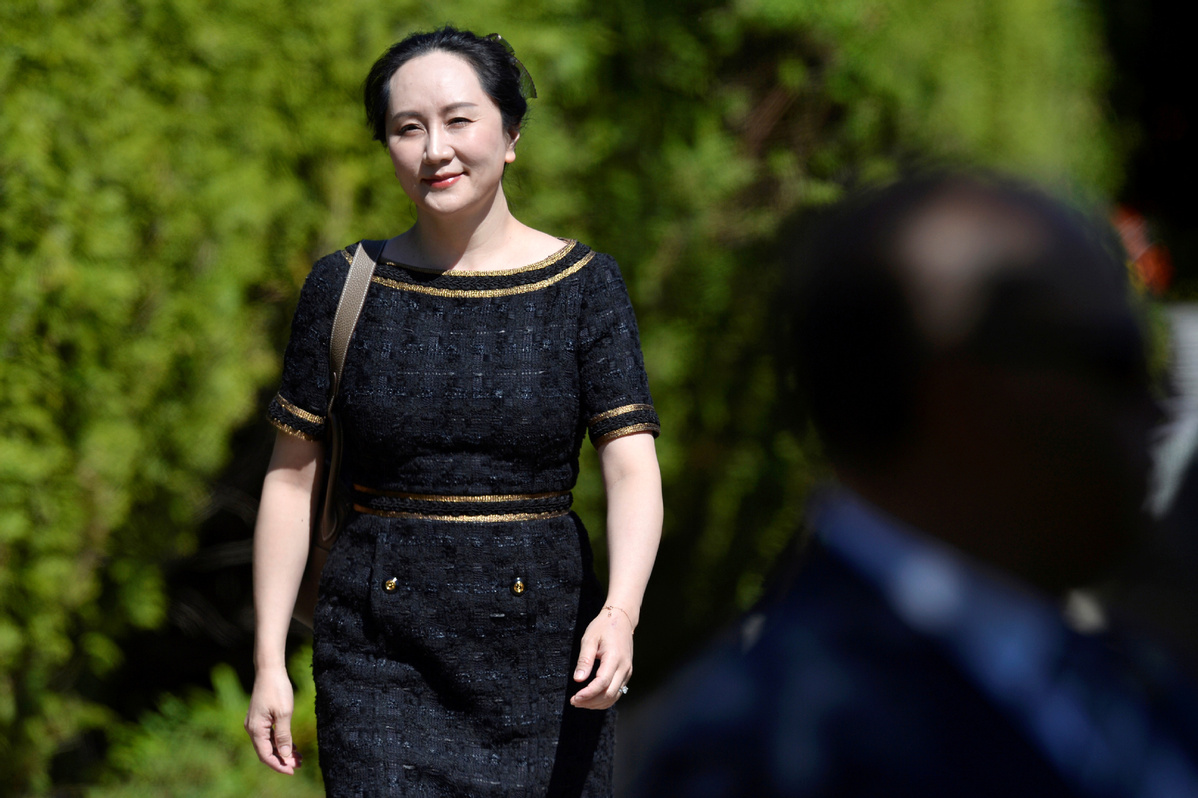
The British Columbia Supreme Court ruled Wednesday that the American extradition case against Huawei Technologies Co executive Meng Wanzhou can proceed in Canada.
The Chinese embassy in Ottawa responded by saying that Canada is an "accomplice to United States efforts to bring down Huawei and Chinese high-tech companies".
In her decision, Associate Chief Justice Heather Holmes wrote: "The effects of the US sanctions may properly play a role in the double criminality analysis as part of the background or context against which the alleged conduct is examined."
In brief, Holmes based her ruling on whether the charges against Meng would be considered a crime in Canada.
Meng, the Shenzhen telecommunications giant's chief financial officer, was accused of misleading HSBC about Huawei's relationship with a company operating in Iran, which the US charged violated American sanctions on technology sales to Iran, allegations that she and Huawei have denied.
"We have repeatedly expressed confidence in Ms. Meng's innocence," Huawei said in a statement Wednesday. "Huawei continues to stand with Ms. Meng in her pursuit for justice and freedom. We expect that Canada's judicial system will ultimately prove Ms. Meng's innocence. Ms. Meng's lawyers will continue to work tirelessly to see justice is served."
Meng's attorneys have argued that because Canada ended economic sanctions against Iran in 2016, Canadian banks faced no risk in handling Iran-related financial transactions.
"This case is fundamentally about the enforcement of US sanctions against Iran," the defence argued, adding that surrendering Meng to the US would "require Canada to repudiate its own laws".
Wednesday's decision does not necessarily mean that Meng will be extradited to the US. Rather, it will start a new round of legal arguments, including whether her arrest at Vancouver International Airport in December 2018 was unlawful.
However, of the 798 US extradition requests received since 2008, Canada has declined only 1 percent of them, according to the country's Department of Justice, the Los Angeles Times reported.
Meng, daughter of company founder Ren Zhengfei, has claimed that her rights were violated at the time of her arrest. Meng has been living under house arrest in Vancouver since her apprehension.
The judge noted that Canada's minister of justice will have a chance to weigh in on whether the decision to commit Meng for extradition would be "contrary" to Canadian values.
Commenting on the "unsurprising" result, Jiang Wenran, a visiting professor at the School of Public Policy and Global Affairs at the University of British Columbia, said it was a "bad day" for Canada and China.
"Politically speaking, I think this is a good day for the American administration under Trump, who has been trying to attack Huawei under the name of national security, and this is a part of it, so they would like to see this go further, but this is a bad day for Canada and China given the ongoing tense relations," Jiang said after the ruling while at a think tank panel discussion on the future of those relations.
"It's not that China does not know about the Canadian system; China actually knows our system," Jiang said. "The issue is that China does not believe that the system was properly used. They accused the Americans of abusing the system for political purposes."
Guy St. Jacques, former Canadian ambassador to China, also told the media that whatever the outcome, the damage to China-Canada relations has already been done.
"It's a very tough time, and I don't expect much progress. In fact, the situation could further deteriorate," he said.
In his daily news conference Tuesday, Chinese Foreign Ministry spokesman Zhao Lijian urged Canada to correct its mistake and release Meng "at an early date" to avoid "any continuous harm" to the two countries' relations.
"The US and Canada abused their bilateral extradition treaty and arbitrarily took compulsory measures against a Chinese citizen without cause. This is entirely a serious political incident that grossly violates the legitimate rights and interests of the Chinese citizen," Zhao said.
Heng Weili in New York and Reuters contributed to this story.
















